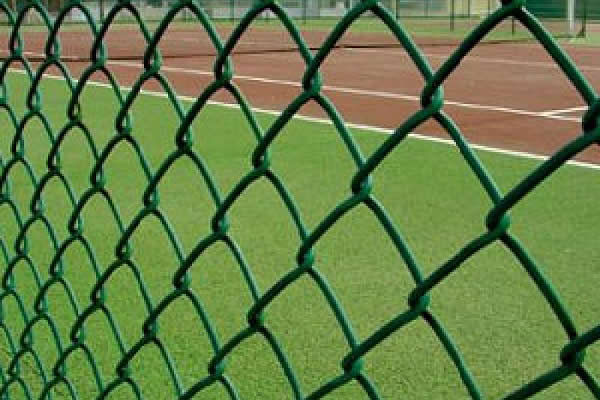 TEL:
+86-13102802206
TEL:
+86-13102802206
 Email:
fencenetting@china.com
Email:
fencenetting@china.com
 Language
Language
 TEL:
+86-13102802206
TEL:
+86-13102802206
 Email:
fencenetting@china.com
Email:
fencenetting@china.com
 Language
Language


The Versatility and Importance of Steel Cable Slings
In the realm of lifting and rigging, steel cable slings play a crucial role in ensuring safety, efficiency, and reliability. These specialized tools are vital for various industries, including construction, shipping, manufacturing, and more. Steel cable slings are preferred for their strength, durability, and flexibility, making them indispensable in heavy lifting applications.
What is a Steel Cable Sling?
A steel cable sling is a lifting device made from high-tensile steel wire rope. These slings are designed to lift, support, and transport heavy loads across various environments. Steel cable slings come in various configurations, including single-leg, double-leg, and multi-leg slings, allowing for personalized rigging solutions based on the load requirements and the lifting environment.
Advantages of Steel Cable Slings
One of the primary advantages of steel cable slings is their exceptional strength. Steel has a high tensile strength, which means it can withstand heavy loads without breaking. This makes it an ideal choice for construction sites and industrial environments where safety is paramount. Additionally, steel cable slings are resistant to wear and tear, corrosion, and extreme temperatures, further extending their lifespan and reliability.

Another significant benefit of using steel cable slings is their versatility. They can be easily configured for various lifting applications, allowing for both vertical and horizontal lifts. Unlike synthetic slings, steel cable slings can be used in harsh environments, such as those exposed to oils, chemicals, and extreme weather conditions. This adaptability makes them suitable for a wide array of tasks, from lifting structural steel beams to moving large machinery.
Safety Considerations
While steel cable slings are durable and efficient, safety should always be a priority when using them. Proper inspection and maintenance of the slings are essential to ensure they remain in optimal condition. Users should regularly check for signs of wear, such as fraying, crushing, or kinking, and replace any slings that show significant damage. Moreover, it is crucial to ensure that the lifting equipment is rated for the weight and type of load being lifted.
Proper rigging techniques should also be employed to ensure the load is secured and balanced during lifting. Users should be familiar with the load limits of the slings and adhere to manufacturer recommendations. Furthermore, everyone involved in the lifting process should be properly trained and aware of safety protocols to minimize the risk of accidents.
Conclusion
Steel cable slings are a fundamental component in the lifting and rigging industry. Their remarkable strength, durability, and versatility make them essential for safe and effective heavy lifting. As industries continue to evolve and demand higher performance, the importance of steel cable slings will only increase. By prioritizing safety, conducting regular inspections, and adhering to proper rigging techniques, users can harness the full potential of steel cable slings for their lifting needs, ensuring both efficiency and security in every operation.